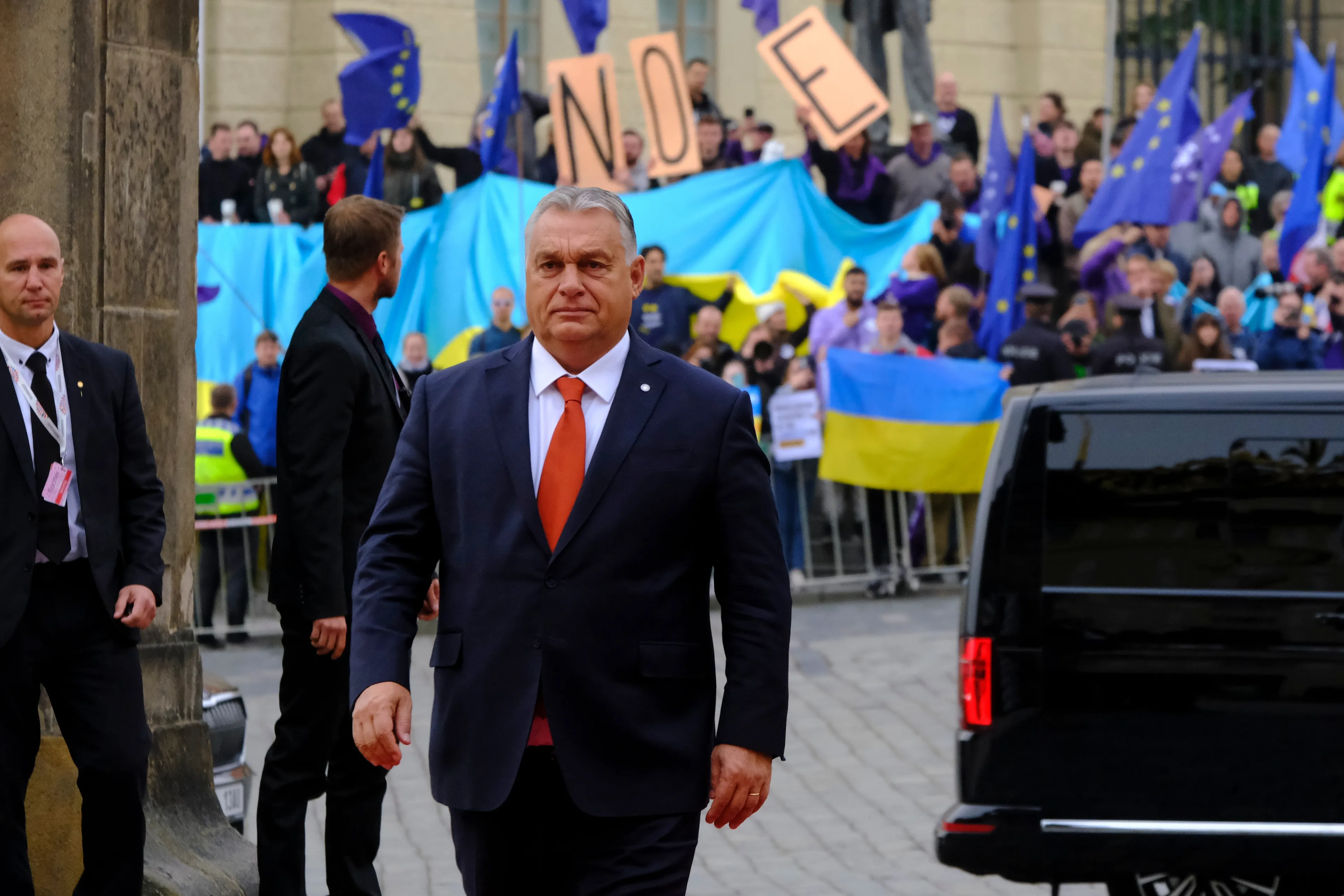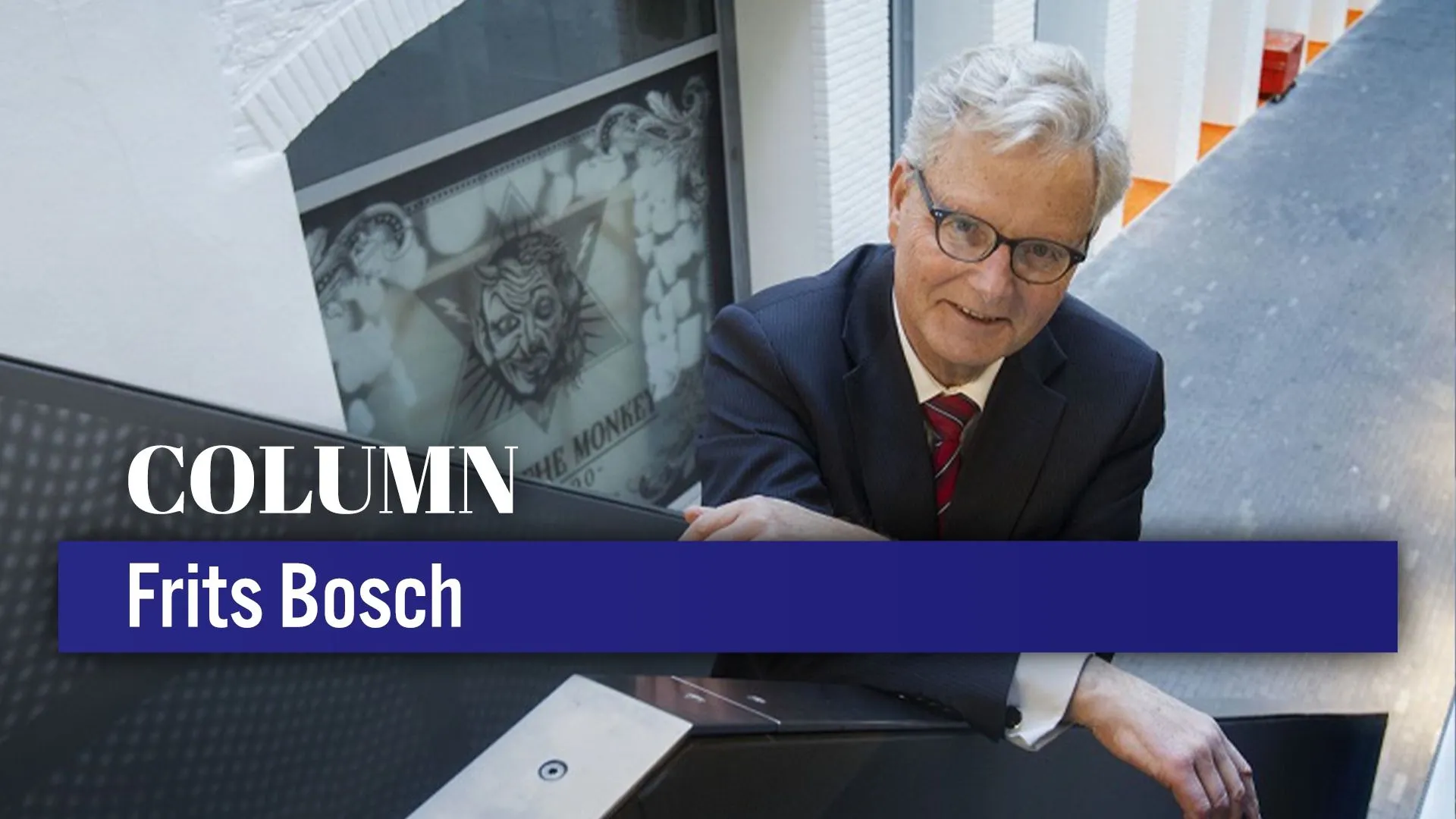Europa trekt de groene stekker er uit
Europa laat haar ooit veelbelovende groene toekomst achter zich. Het fiasco van het Europese klimaat cum energiebeleid openbaart zich in al zijn naaktheid.
De EU heeft door de jaren heen veel denkkracht geïnvesteerd om het Europese integratieproces te bevorderen. Daarbij zijn zeer bewuste keuzen gemaakt voor grote projecten die tot de verbeelding van de Europese burgers spreken. Op die manier trachtte men soms over de hoofden van de nationale regeringen heen directe steun van de burgers krijgen voor steeds verdergaande Europese integratie. De voltooiing van de gemeenschappelijke markt is daar een voorbeeld van. Dat was een succes. Maar bij daarop volgende grote projecten, zoals de euro en het complex groen/ duurzame energie/ decarbonisering ging het mis en zullen er nu bergen puin moeten worden geruimd.
Het Europese duurzaamheidsbeleid is regelrecht voortgevloeid uit de vrees voor de opwarming van de aarde als gevolg van het verstoken van fossiele brandstoffen, conform de AGWhypothese (AGW = Anthropogenic Global Warming). Ondanks het feit dat deze hypothese niet klopt met de waarnemingen (de opwarming is bijvoorbeeld als zo'n zestien jaar geleden gestopt, ondanks de toename van de CO2concentratie in de atmosfeer) heeft dit niet tot een aanpassing van het beleid geleid.
Met het verstand op nul en de blik op oneindig werd dit op krachtige wijze doorgedrukt. Opponenten werden verketterd en de mond gesnoerd, en democratische besluitvorming werd gemanipuleerd en/of simpelweg opzij gezet.
De combinatie van recessie en de vondst van geweldige hoeveelheden schaliegas blijkt de zo noodzakelijke aanpassing nu wèl te kunnen bewerkstelligen. Die aanpassingen vinden nu overal plaats. Ze zijn zo talrijk dat men haast door de bomen het bos niet meer kan zien. Benny Peiser slaagt er echter wonderwel in om in deze ontwikkeling de grote lijn te ontdekken.
Onder de titel, 'Europe Pulls The Plug On Its Green Future, schrijft hij in 'The Australian':
As country after country abandons, curtails or reneges on once-generous support for renewable energy, Europe is beginning to realise that its green energy strategy is dying on the vine. Green dreams are giving way to hard economic realities. Slowly but gradually, Europe is awakening to a green energy crisis, an economic and political debacle that is entirely self-inflicted.
The mainstream media, which used to encourage the renewables push enthusiastically, is beginning to sober up too. With more and more cracks beginning to appear, many newspapers are returning to their proper role as the fourth estate, exposing the pitfalls of Europes green-energy gamble and opening their pages for thorough analysis and debate. Today, European media is full of news and commentary about the problems of an ill-conceived strategy that is becoming increasingly shaky and divisive. ...
EU members states have spent about 600 billion ($882bn) on renewable energy projects since 2005, according to Bloomberg New Energy Finance. Germanys green energy transition alone may cost consumers up to 1 trillion by 2030, the German government recently warned. These hundreds of billions are being paid by ordinary families and small and medium-sized businesses in what is undoubtedly one of the biggest wealth transfers from poor to rich in modern European history. Rising energy bills are dampening consumers spending, a poisonous development for a Continent struggling with a severe economic and financial crisis. ...
Germany [ ] is the nation that has pushed the renewables agenda furthest and is struggling most with the unintended damage of the green energy shift, its so-called Energiewende. Germanys renewable energy levy, which subsidises green energy production, rose from 14bn to 20bn in just one year as a result of the fierce expansion of wind and solar power projects. Since the introduction of the levy in 2000, the electricity bill of German consumers has doubled. ...
Germany has the most expensive electricity in Europe, with an average price of 26.8 euro cents (40c) a kilowatt hour. No wonder Chancellor Angela Merkel has warned that the rapid expansion of green energy programs is weakening Germanys competitive advantage in the global economy.
The EU also is quietly rolling back its renewable agenda, which EU leaders now recognise has been raising energy prices across the Continent. At their summit in Brussels in May, leaders indicated that they intended to prioritise the issue of affordable energy over cutting greenhouse gas emissions. The EU summit signalled Europe intended to restore its declining competitiveness by supporting the development of cheap energy, including shale gas, while cutting green energy subsidies.
Vervolgens gaat Peiser uitvoerig in op de Duitse situatie rond de Energiewende, met gevolgen die niemand verwachtte, namelijk de groei van het aandeel van steenkool in de Duitse energievoorziening en dus ook de CO2uitstoot.
Most observers were convinced the energy gap caused by Germanys decision, two years ago, to phase out nuclear power would be filled by wind and solar power. Hardly anyone realised that the extraordinary boom in renewable energy construction would generate a coal boom too. In fact, German CO2 emissions have been rising for two years in a row as coal is experiencing a renaissance. But CO2 emissions in the EU as a whole are likely to rise because of increased coal burning at power stations. The revelation has embarrassed the German government and dumbfounded the public, which cannot understand how a nation that has expanded renewable energy more than any other country is building 20 coal-fired power stations. ...
So far Europes emissions trading scheme has cost consumers more than 300bn. Massive amounts of green investments originally projected on the back of a high carbon price have been shelved and are no longer feasible. There can be little doubt Europes flagship climate policy has turned into an utter failure. In a realistic assessment of Europes policy shift, the International Energy Agency recently noted that climate change has quite frankly slipped to the backburner of policy priorities.
The naive assumption of policymakers that Europes main competitors would follow the shift from cheap fossil fuels to expensive green energy has not materialised. Europe, The Washington Post recently warned, has become a green-energy basket case. Instead of a model for the world to emulate, Europe has become a model of what not to do.
Europes strategy was founded on two fears: first, that global warming was an urgent threat that needed to be prevented imminently and at all costs; and second, that the world was running out of fossil fuels, which meant oil and gas would become ever more expensive. Both conjectures, however, turned out to be wrong. The result of a fear-driven gamble with the Continents industrial future is a costly shambles that threatens to undercut Europes economic and political position in a world that is sensibly refusing to follow its lead.
Lees verder hier
Pogo zei het al:
'We have met the enemy and he is us.'
Overheden hebben de taak om de welvaart van de samenleving te bevorderen. Het klimaat cum duurzaamheidsbeleid is een afschrikwekkend voorbeeld van het tegendeel en zal de geschiedenis ingaan als een van de grootste beleidsfiasco's ooit.
Voor mijn eerdere DDS-bijdragen, zie hier.
Ga verder met lezen
Dit vind je misschien ook leuk
Laat mensen jouw mening weten


